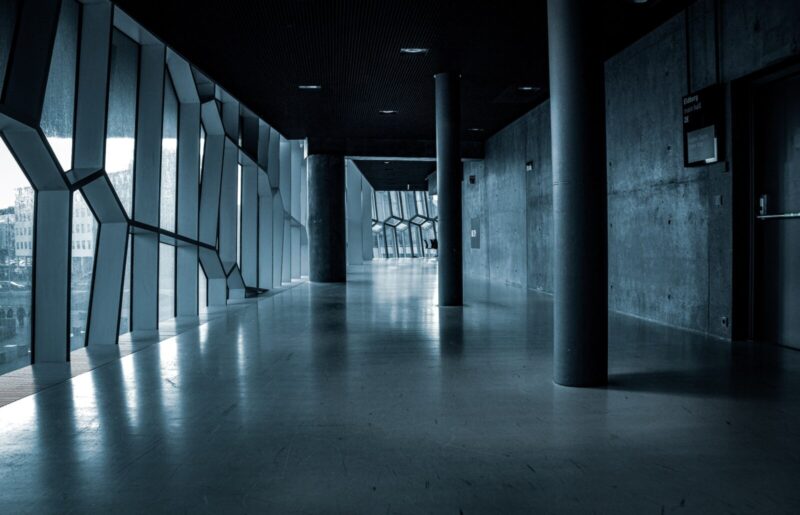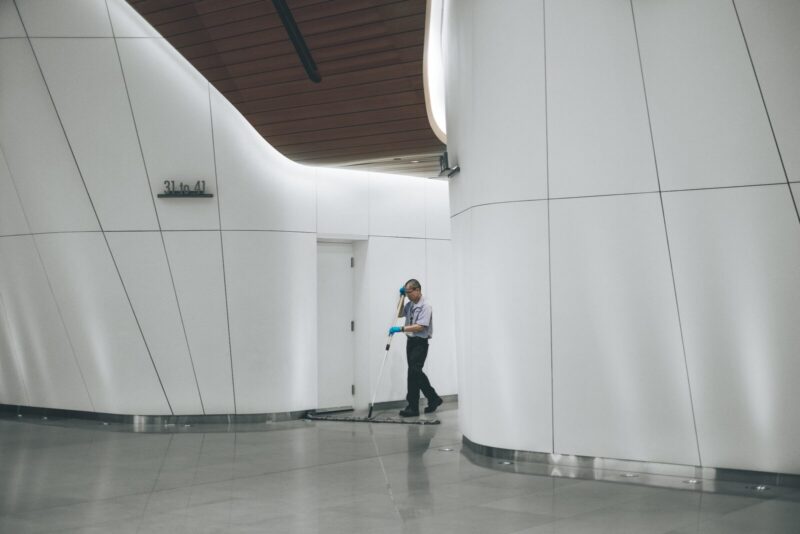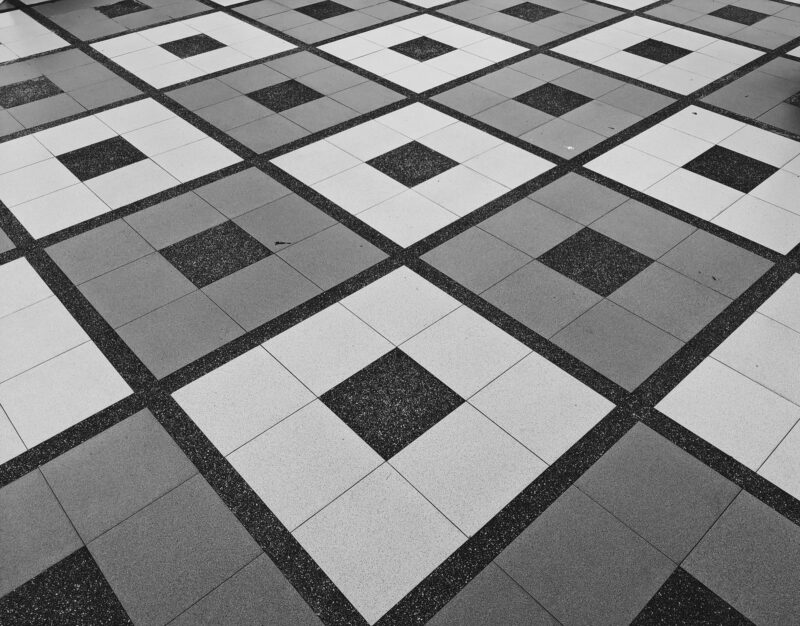Even if your factory, office, or warehouse doesn’t have a lot of space to spare, it’s important to keep up with the cleaning. In order to do so, you’ll have to think about things like when you need the most help and where you can do it in sight.
What are industrial floors and why are they important?

Industrial floors are the foundation of any industrial facility. Without them, manufacturing and processing plants would quickly become unusable. They provide a stable surface on which to operate machinery and storage areas, and they play a vital role in keeping employees safe.
There are several reasons why industrial floors are so important. First, they’re often the only source of stability in an industrial setting. Second, industrial flooring is usually made from durable materials, such as concrete or metal, which can handle a lot of wear and tear. Third, industrial floors are often immaculately clean, meaning that they don’t attract a lot of dirt and debris. Finally, industrial floors are often in close proximity to other sensitive equipment, making them vulnerable to damage if not kept clean.
Keeping your industrial floors clean is a daunting task but it’s one that needs to be taken seriously if you want your facility to remain operational. There are several steps that you can take to make sure that your floor is always sparkling clean, which we will present in the article.
The types of dust and particles that can be a problem on industrial floors

Industrial floors can be dusty and dirty place, especially if they haven’t been cleaned in a while. There are a variety of particles that can accumulate on industrial floors, and some of them are more problematic than others. Here are four of the most common types of particles that can be a problem on industrial floors:
- Dust mites: Dust mites are small insects that thrive in dirty environments. They cause inflammation in the eyes, nose, and throat, and can contribute to asthma and other respiratory problems. Keep your industrial floor clean to avoid attracting dust mites and other pests.
- Cobwebs: Cobwebs are made up of fine threads spun by spiders. They can be a problem because they can trap hair, dust, and other particles inside them. Keep your industrial floor clean to avoid collecting cobwebs and other debris.
- Grains: Grains are tiny pieces of dust or sand that have been ground down into a powder form. They can get caught in filters used to clean air conditioning systems, or on the blades of machines. Keeping your industrial floor clean will help prevent grains from accumulating and becoming a problem.
- Oil: Oils can be a problem on industrial floors because they can cause dirt and dust to become stuck to them. This can make it difficult to clean the floor, and can also increase the chances of accidents. Keep your industrial floor clean to avoid problems with oil accumulation.
How to Maintain Your Floors Properly

It’s no secret that industrial floors can be dirty and messy – not to mention, a health and safety hazard for employees. To keep your floors clean and safe, follow these tips:
- Establish a cleaning schedule. Make sure you set aside time each week to clean your floors. This will help to prevent them from becoming cluttered and dirty over time.
- Use appropriate cleaning products. Don’t use harsh chemicals or cleaners on your industrial floors – switch to products specifically designed for this environment instead! These cleaners will not only clean your floors but also protect them from damage.
- Employ the help of a professional cleaner. If you don’t have the time nor the inclination to clean your floors yourself, consider hiring a professional cleaner to take care of the job for you. They will know exactly how to clean your floors safely and effectively using cleaning machines, and they will also leave your premises pristine once they’re done.
How to clean an industrial floor effectively
Keeping your industrial floor clean and sparkling can be a challenge, but it’s one that you can overcome with the right cleaning method and equipment. Here are five tips for cleaning an industrial floor effectively.
- Start with a clean surface
Before you start scrubbing, make sure the surface you’re working on is absolutely free of all contaminants. Get down on your hands and knees and sweep any debris or particles off the floor. If there is any water or chemical residue present, use a degreaser to break it down and then rinse off the area.
- Use the right cleaning agents
Your choice of cleaning agent will depend on the type of surface you’re working on. For hard surfaces like concrete, use a detergent-based cleaner like Dawn or Palmolive dish soap. For porous surfaces, like wooden boards or metal grates, use a cleaner with enzyme properties like Murphy’s Oil Soap or Mr. Clean Magic Eraser.
- Work in small areas at a time
Large areas can be cleaned more effectively if you work in sections, using different types of cleaners as needed. This will prevent the area from becoming overloaded and will also allow you to see any areas that need more attention.
What products can be used to clean industrial floors?
There are a number of products that can be used to clean industrial floors. Some of the most common products include soap and water, 409 cleaning solution, and vinegar. It is important to use the correct product for the type of flooring that is being cleaned. For example, soap and water are best used on concrete floors, while 409 cleaning solution is best used on wood floors.
Conclusion
Keeping your industrial floors clean is important not only for the appearance of your workplace but also to protect the health and safety of your employees. Hope you enjoyed reading our guide on how to keep your floors sparkling clean.



